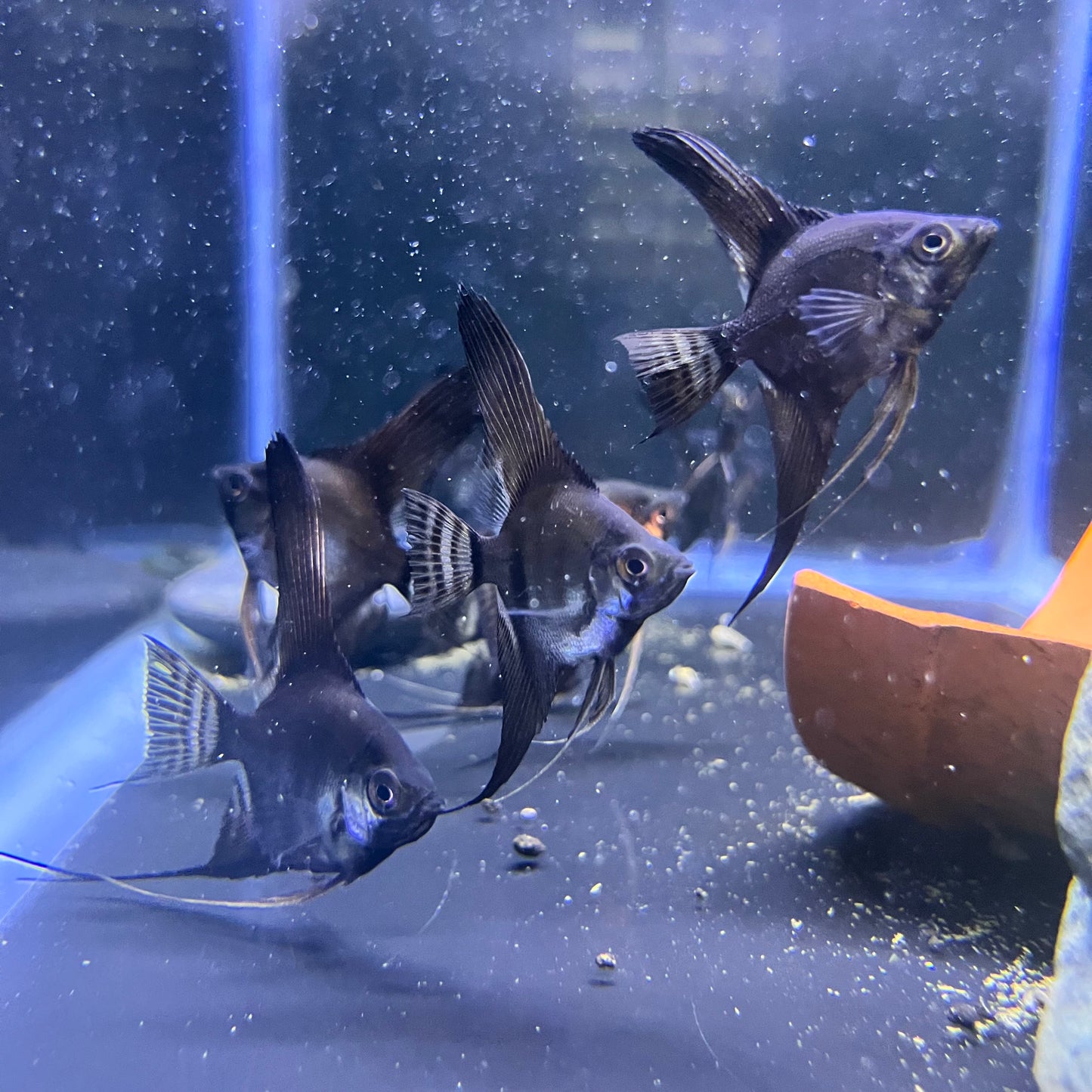1
/
of
3
Cams Rams
Black Angelfish
Black Angelfish
Regular price
$9.99 USD
Regular price
Sale price
$9.99 USD
Shipping calculated at checkout.
Quantity
Couldn't load pickup availability
Share






